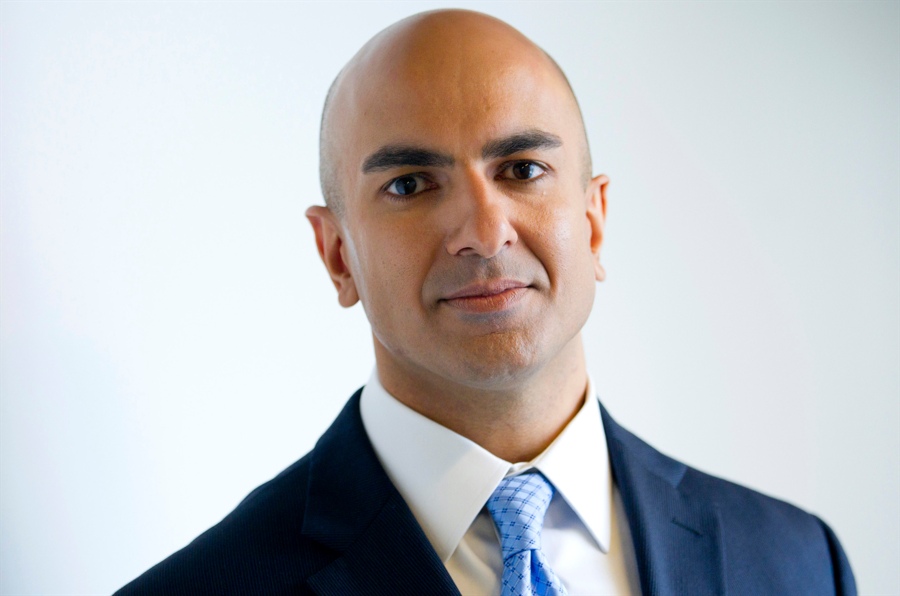
Minneapolis Fed Pres. Neil Kashkari penned a report titled "Policy has tightened a lot. How tight is it?" on the Minneapolis Fed website. Below is a bulleted summary of that article:
- On May 6, 2022, published an essay on focusing on long-term real rates for evaluating monetary policy stance, highlighting their impact over short or nominal rates.
- Updates on June 17, 2022, and September 26, 2023, reflected FOMC's policy tightening actions to address inflation.
- Since the last update, notable developments include a rapid decrease in inflation, surpassing forecasts, and strong economic growth.
- The FOMC aims for 2 percent headline inflation, with core inflation showing significant progress towards this target.
- Despite falling inflation, real GDP growth and a strong labor market, with a 3.7 percent unemployment rate, have been observed.
- This period has seen strong real economic activity without the expected monetary policy-induced economic slowdown.
- The decrease in inflation is attributed more to supply-side improvements than to monetary policy's direct effects.
- Monetary policy's critical role has been in anchoring long-run inflation expectations, crucial for achieving a soft landing.
- Despite rapid inflation decline, the perceived dramatic tightening of the real federal funds rate may overstate actual monetary policy changes.
- The long-term real rate, specifically the 10-year TIPS yield, is a better proxy for monetary policy stance, showing a smaller increase than suggested by short-term rates.
- Assessments of monetary policy neutrality and its impact consider changes in sectors sensitive to interest rates, like housing and private investment, showing resilience and growth.
- Current economic indicators suggest that the monetary policy stance may not be as tight as assumed, implying a reevaluation of what represents a neutral policy stance post-pandemic.
- This analysis suggests the FOMC has room to observe further economic data before deciding on rate cuts, minimizing the risk of hindering the economic recovery.
The report is consistent with the Fed Chair's stance that a March cut is not the base case.



